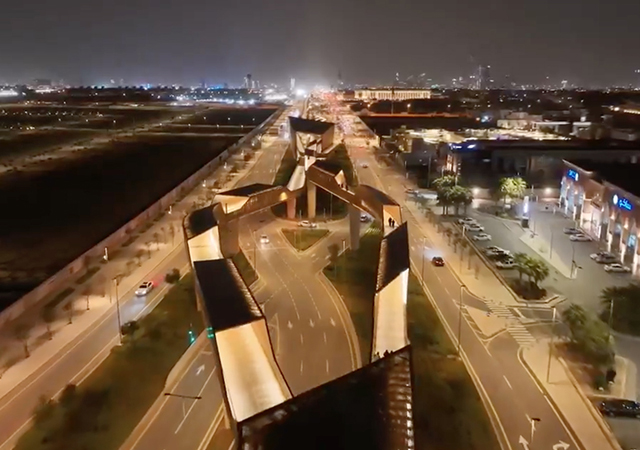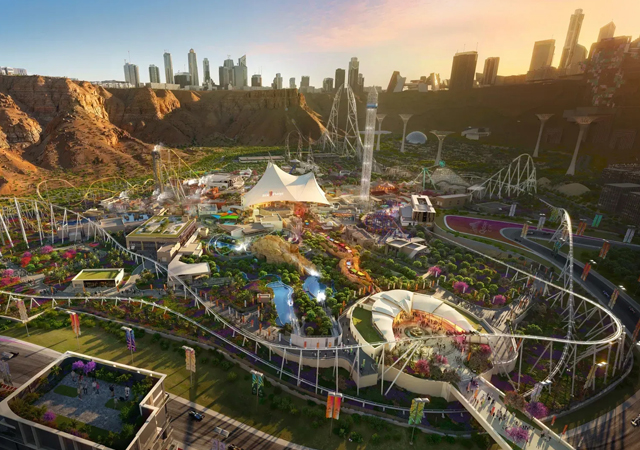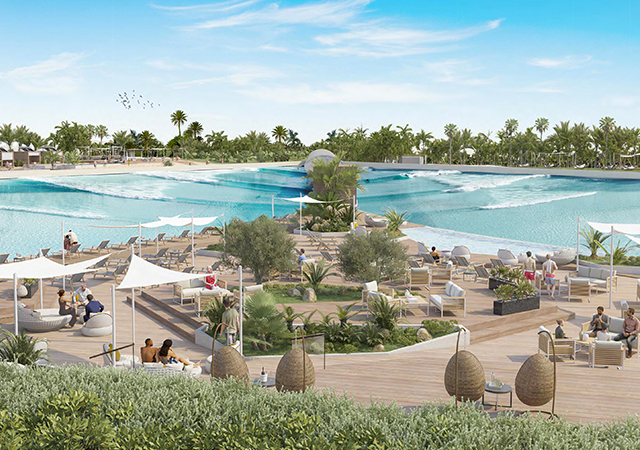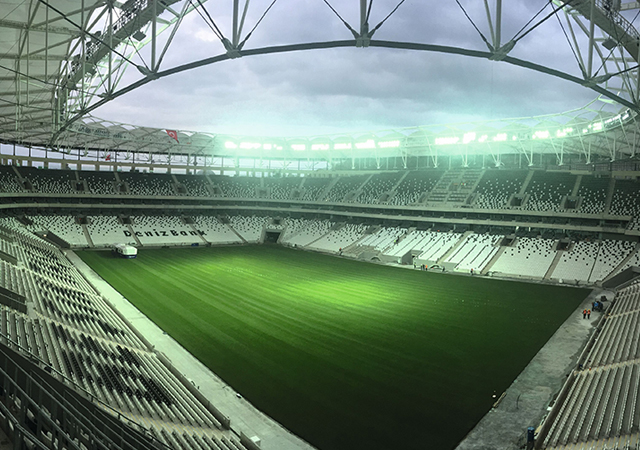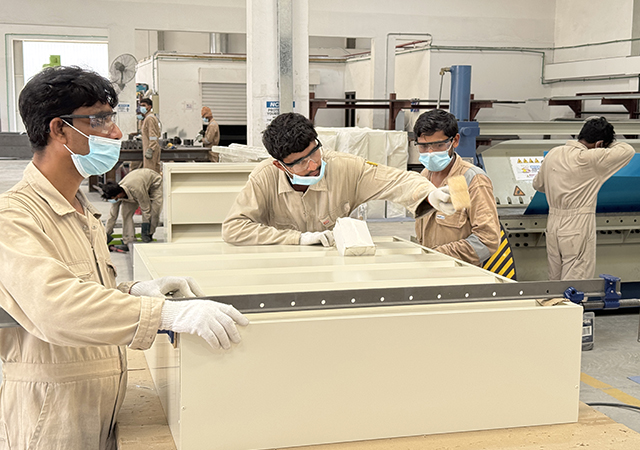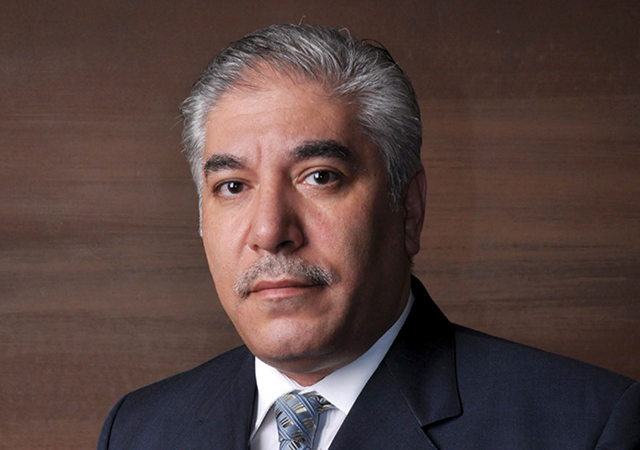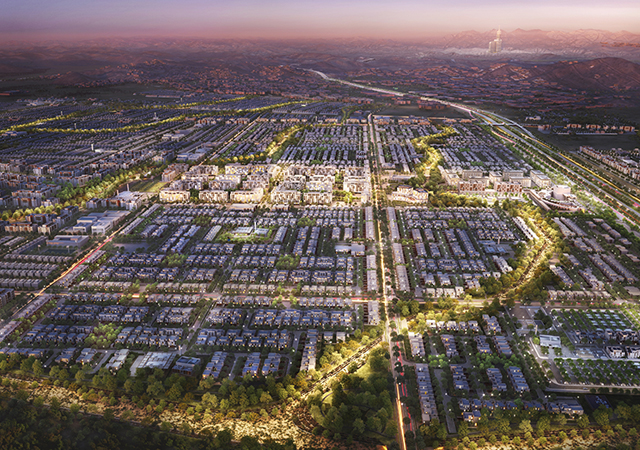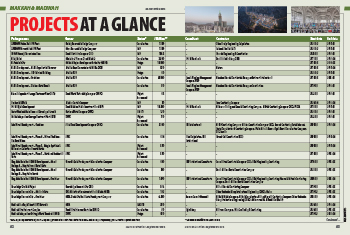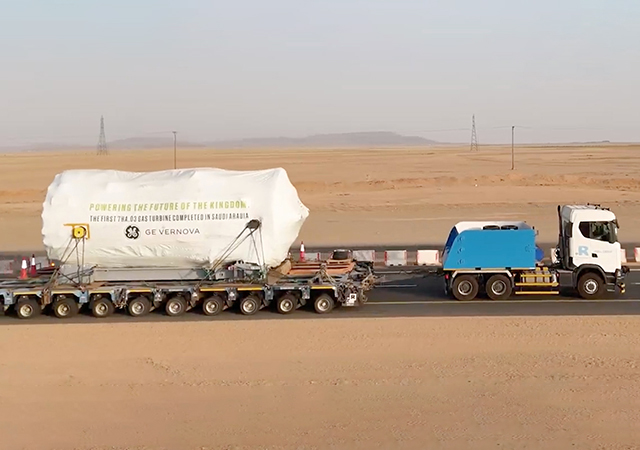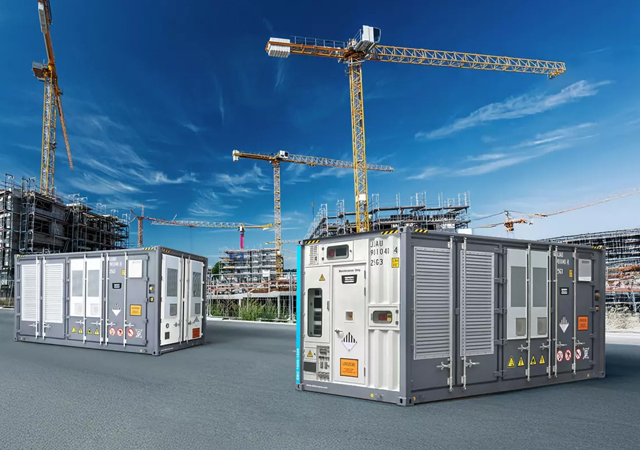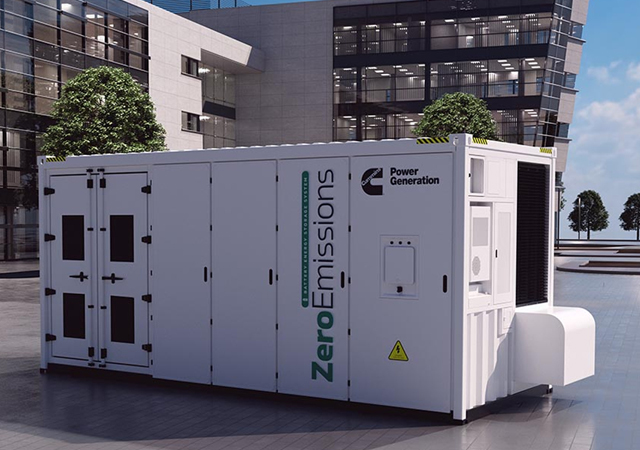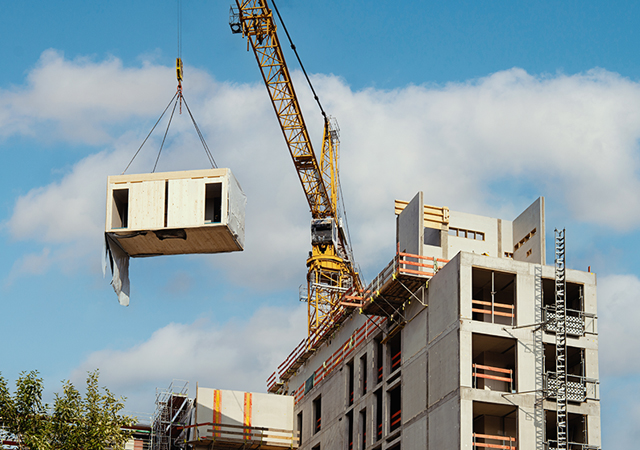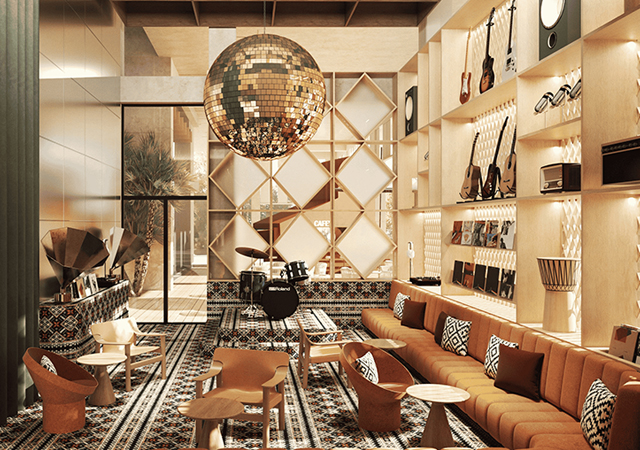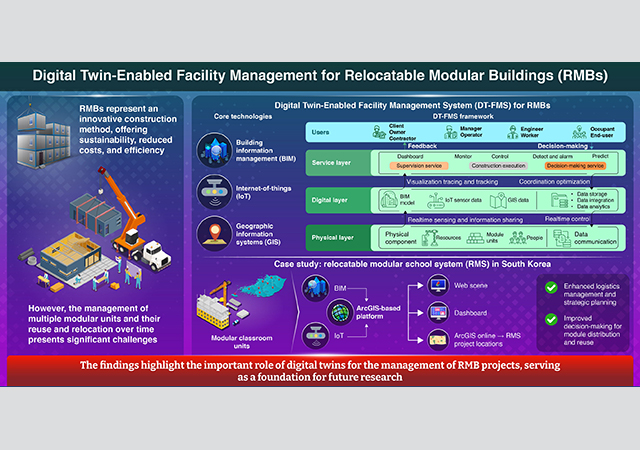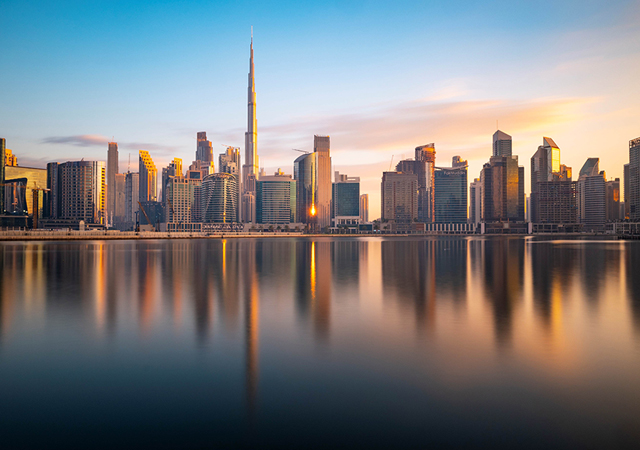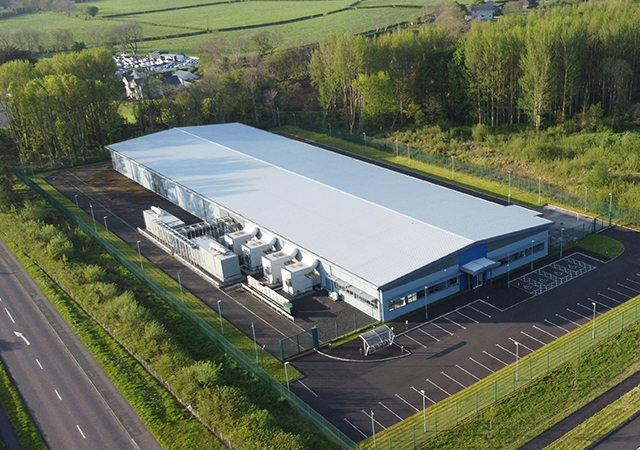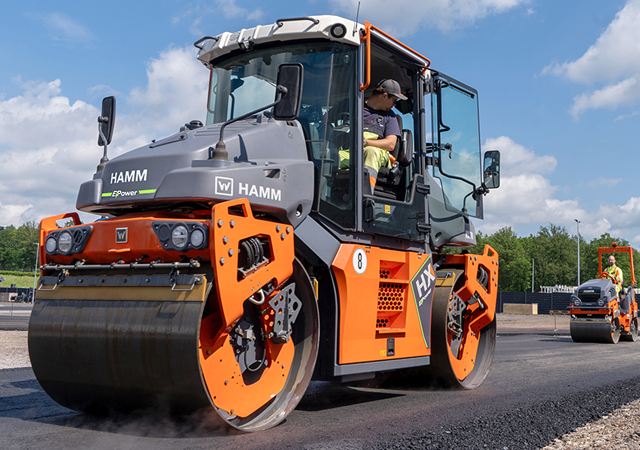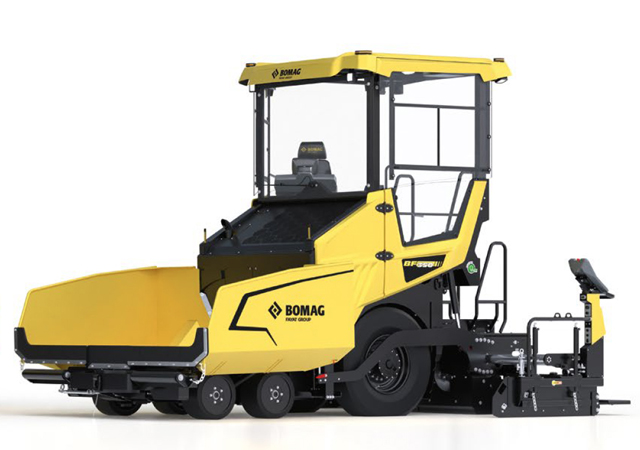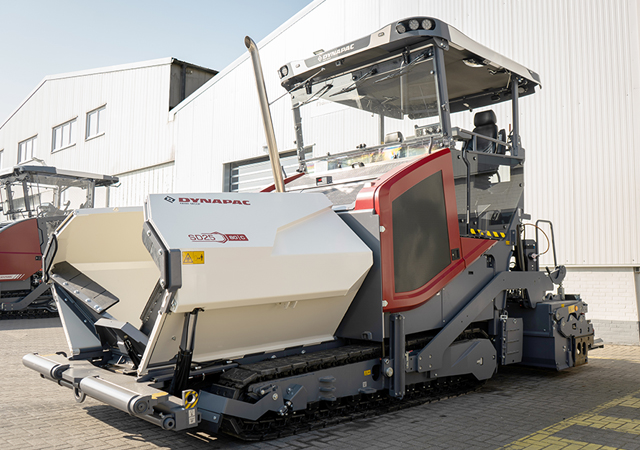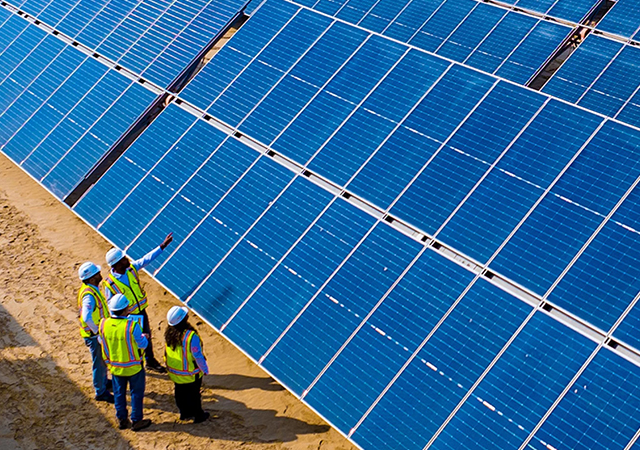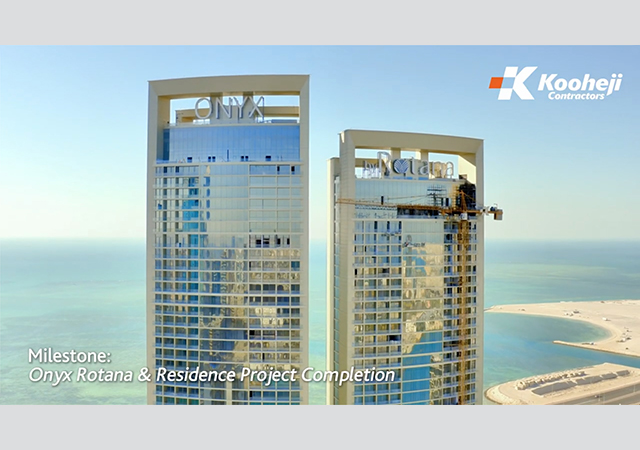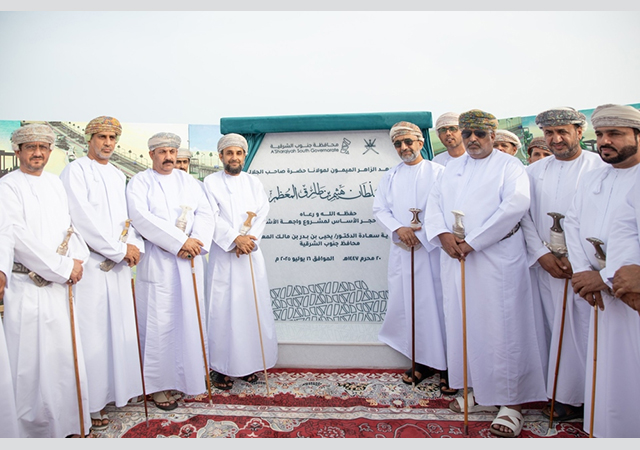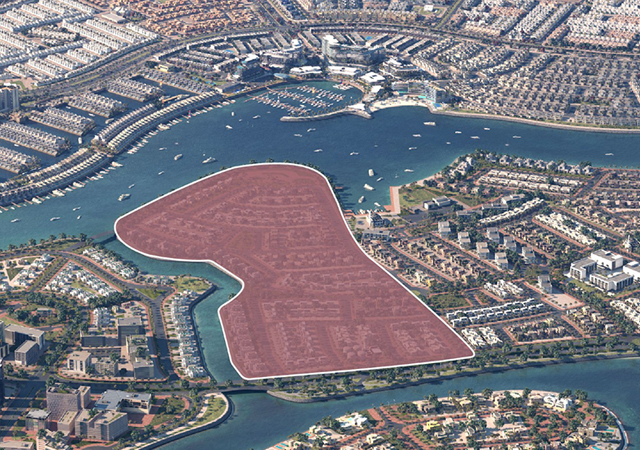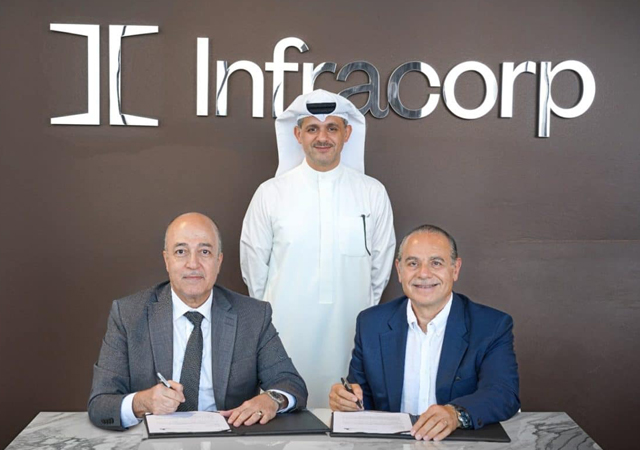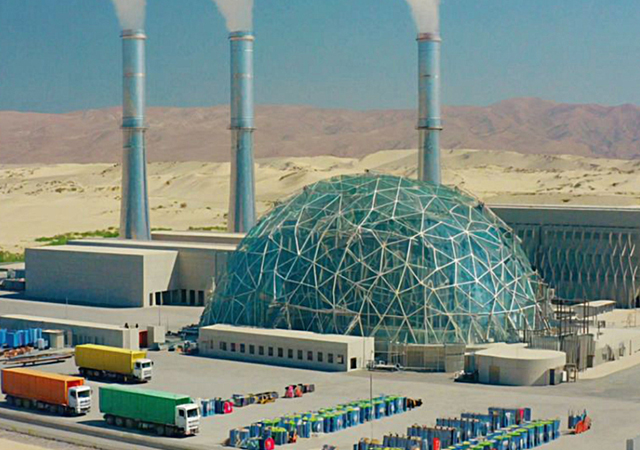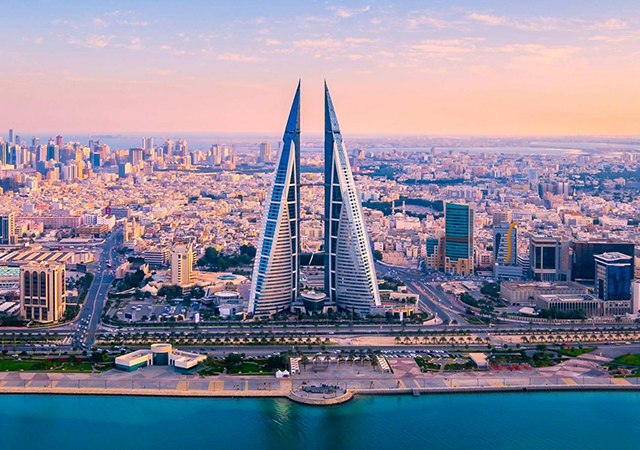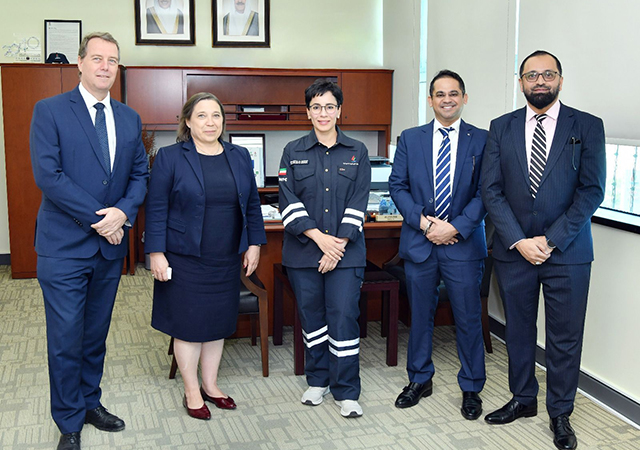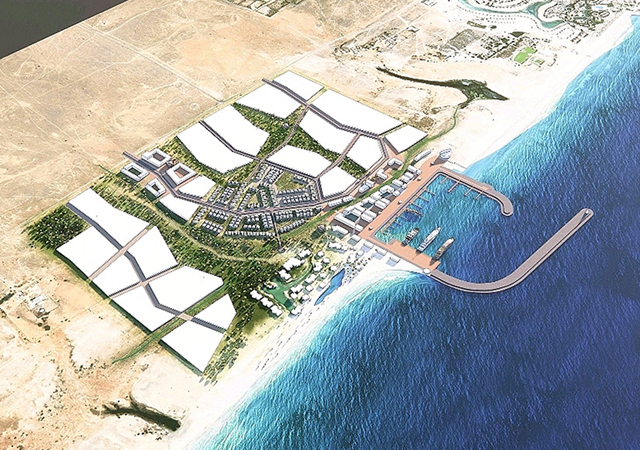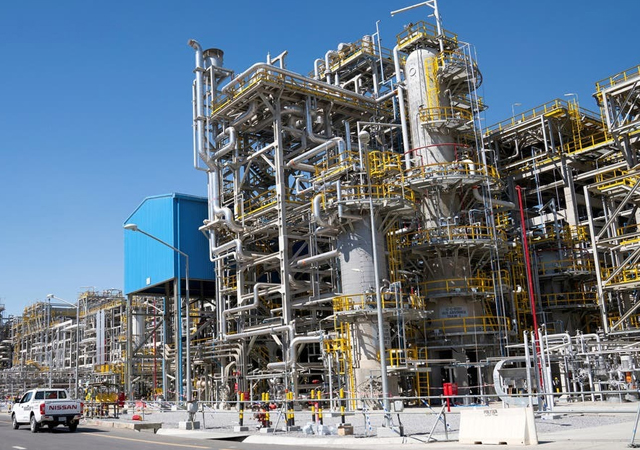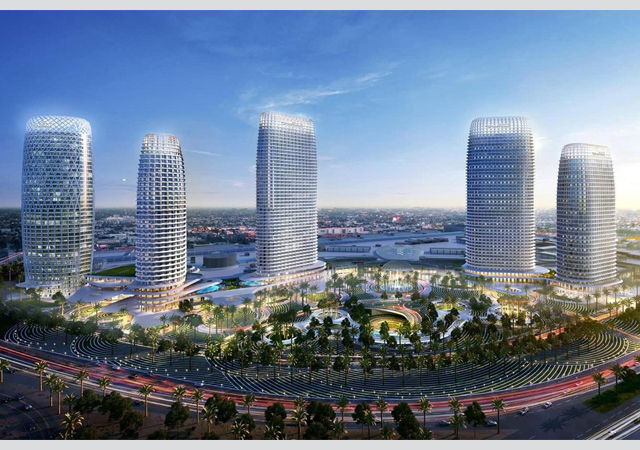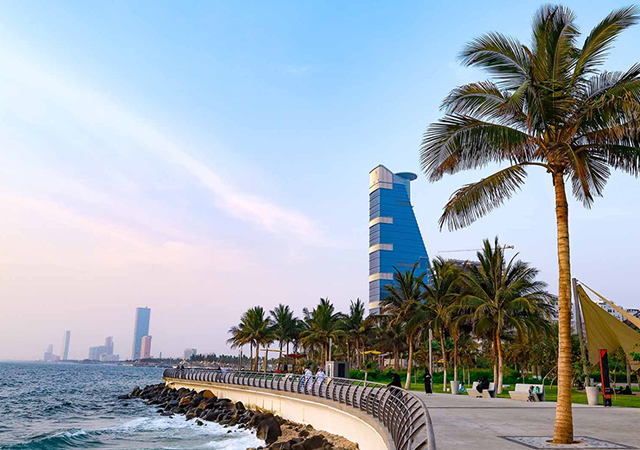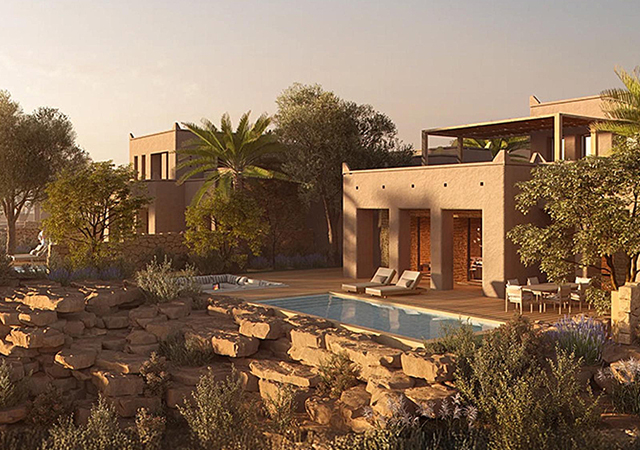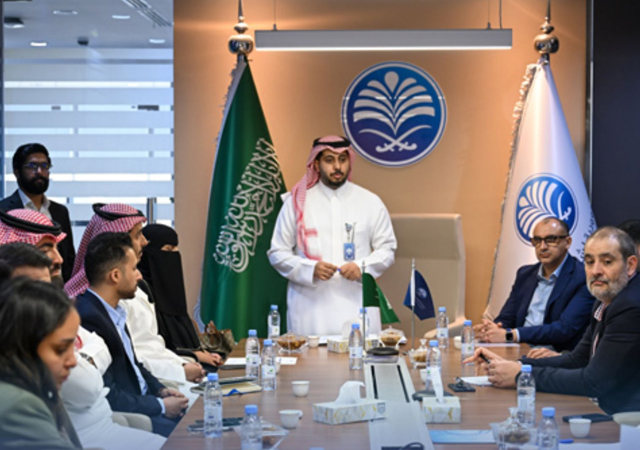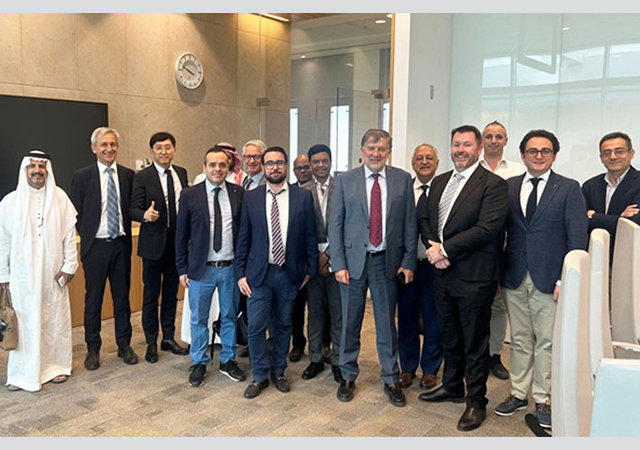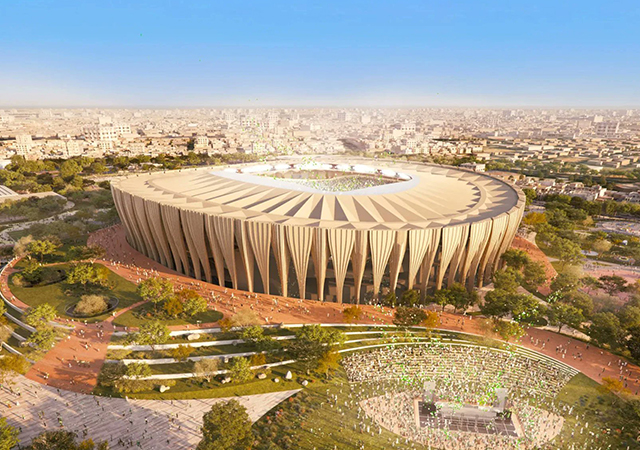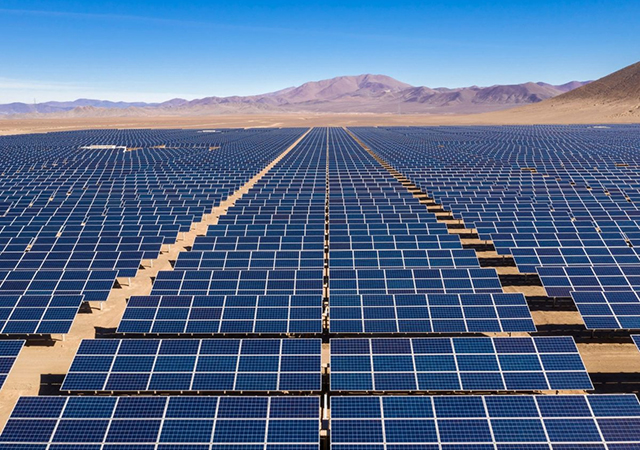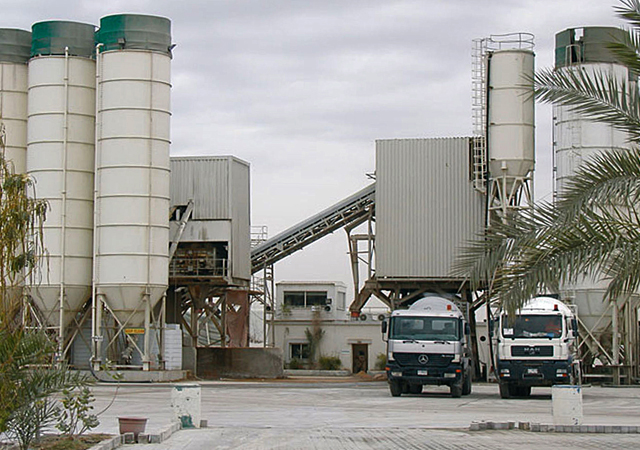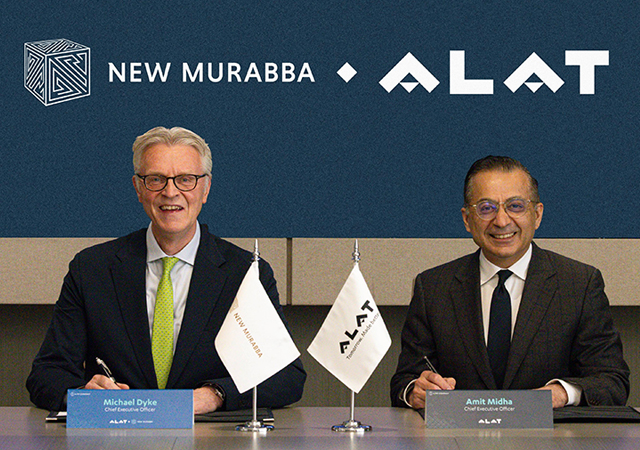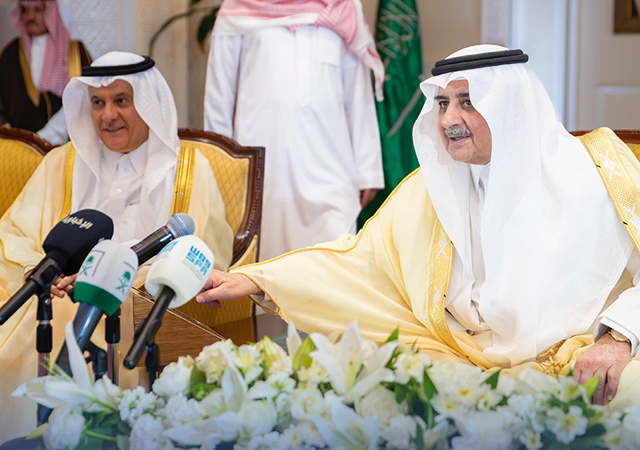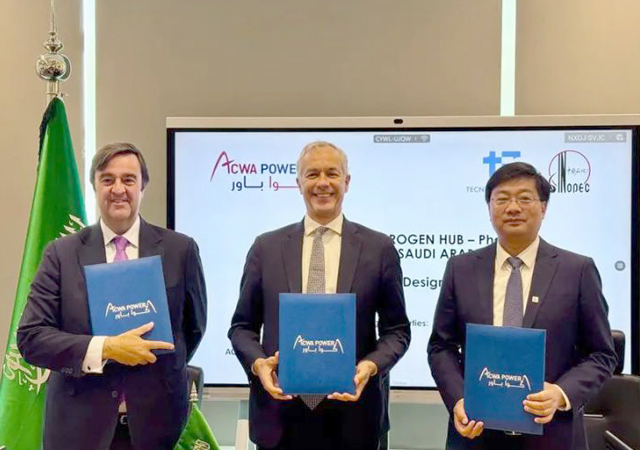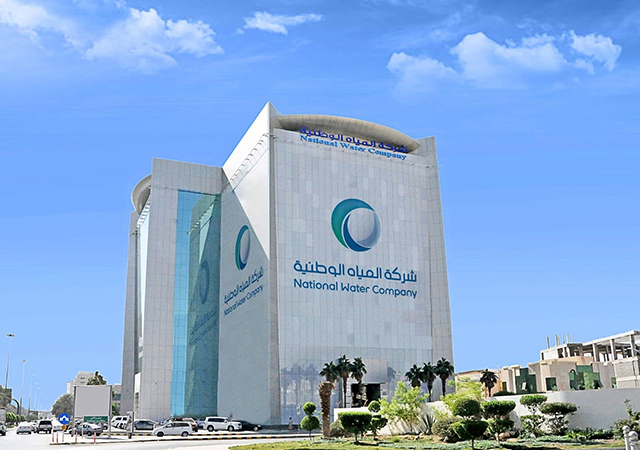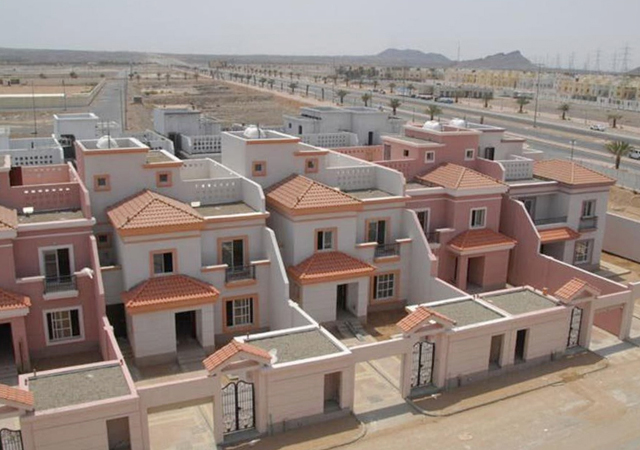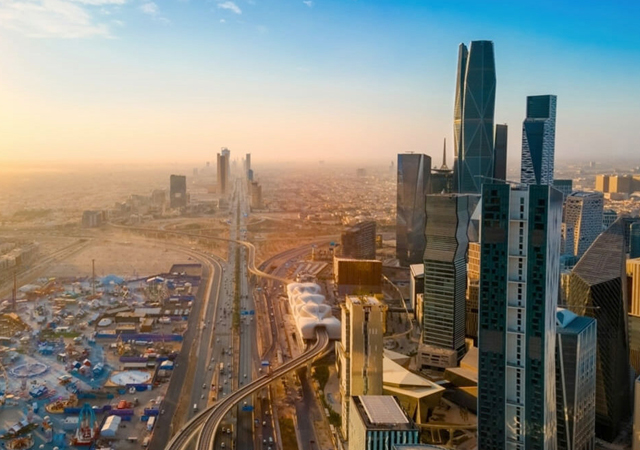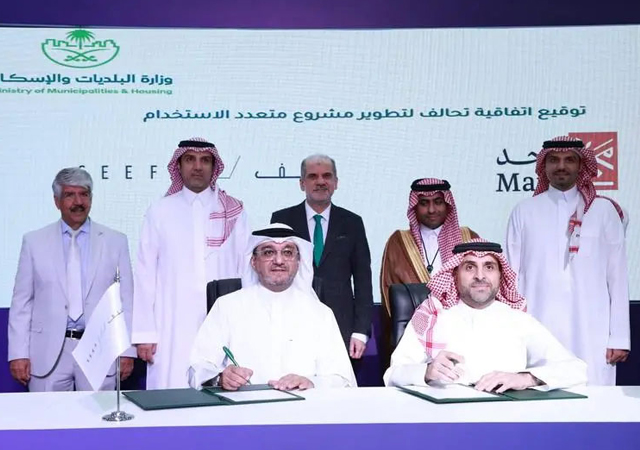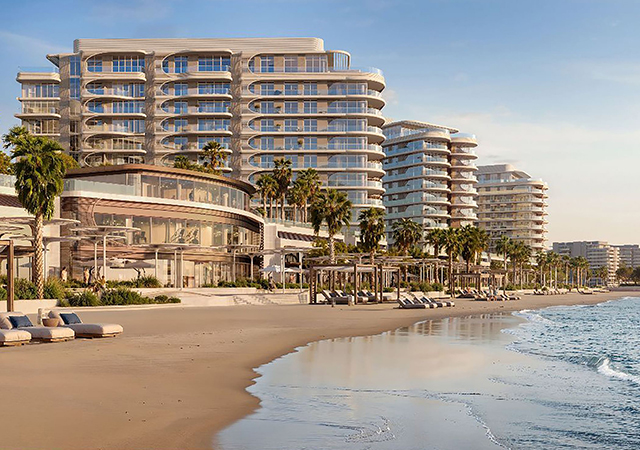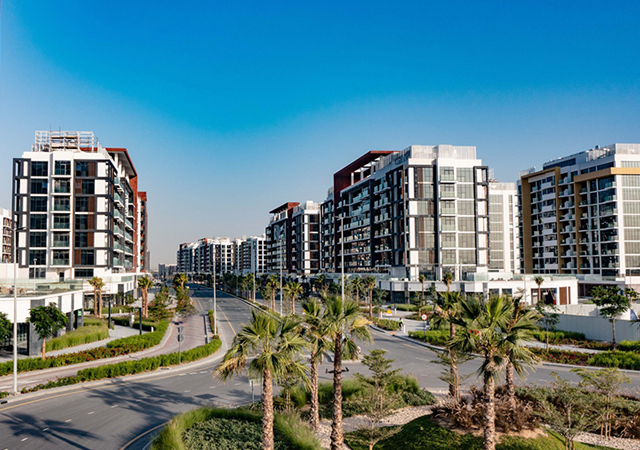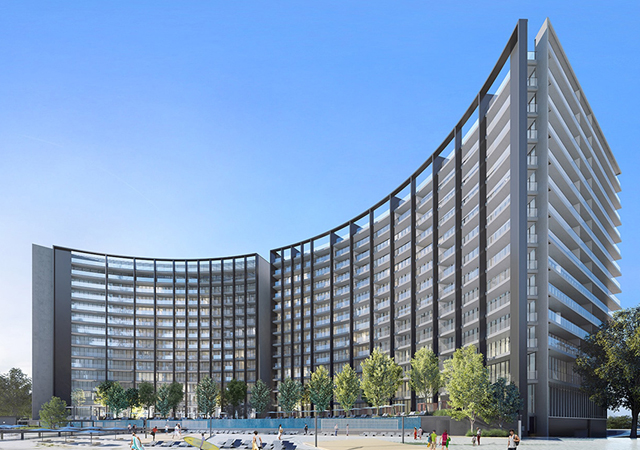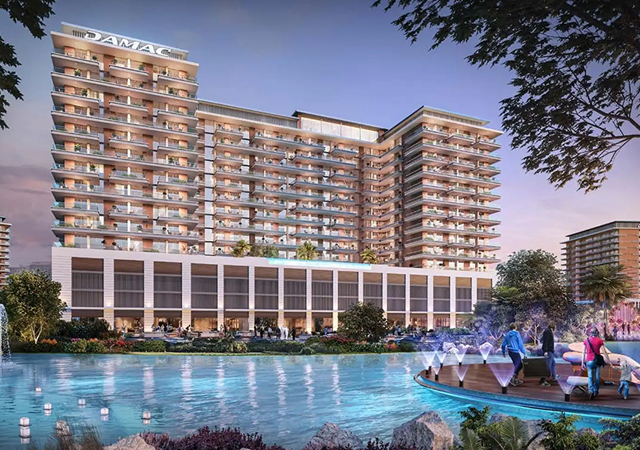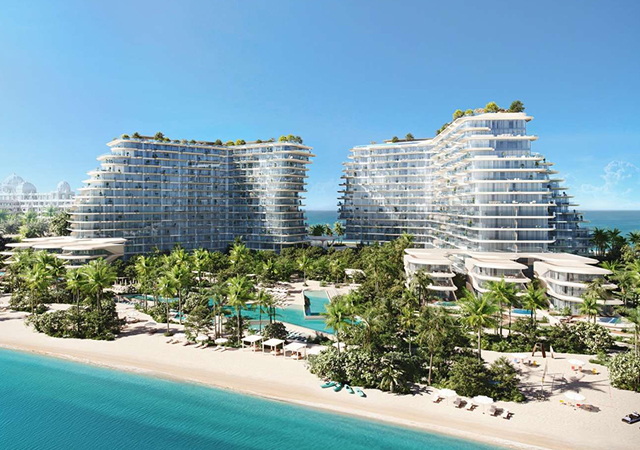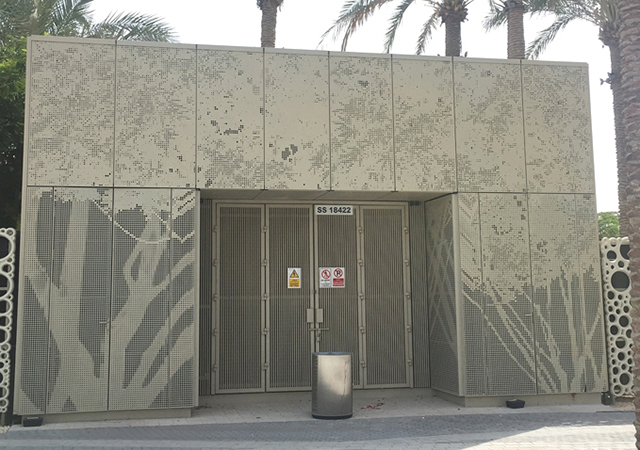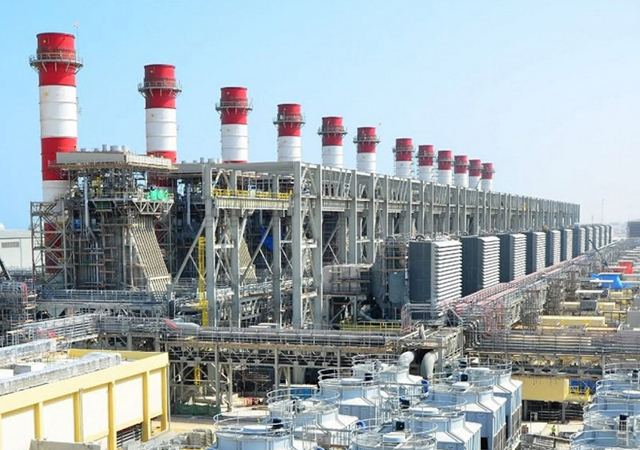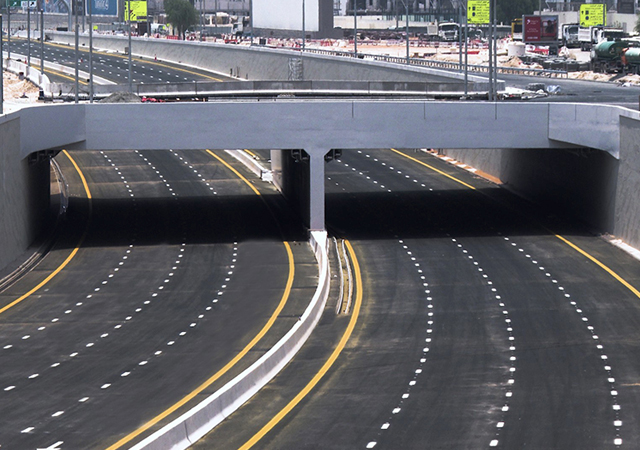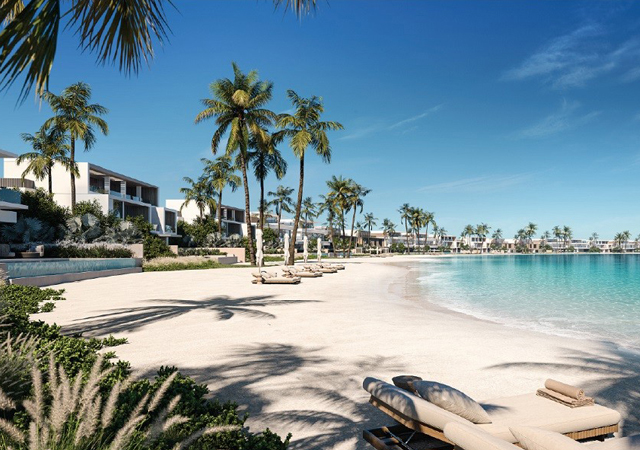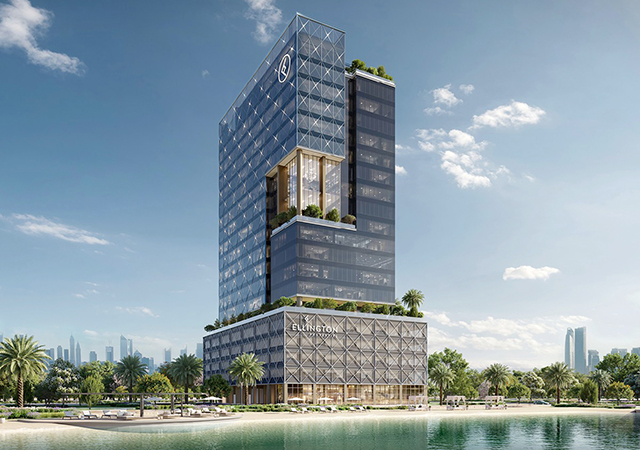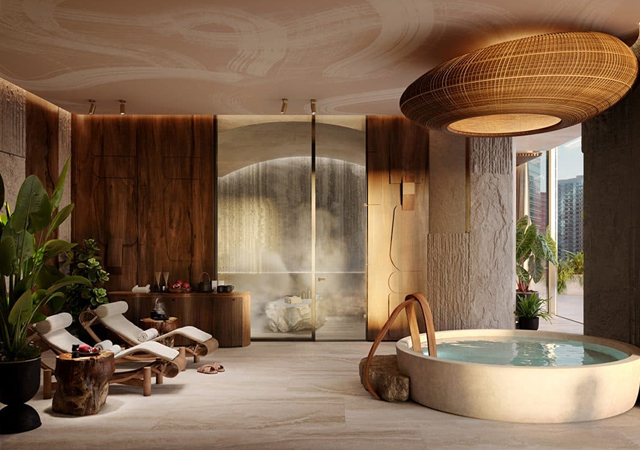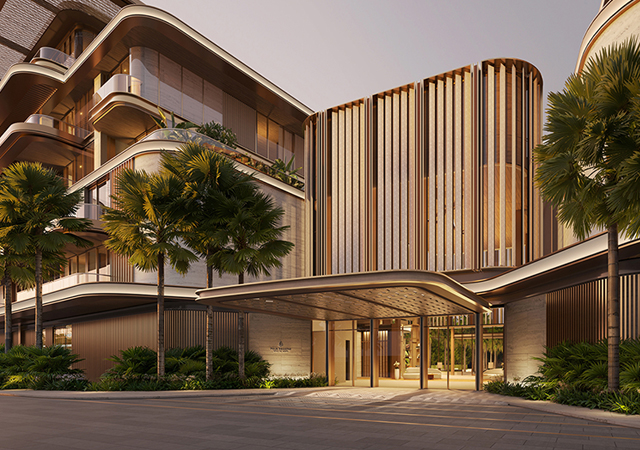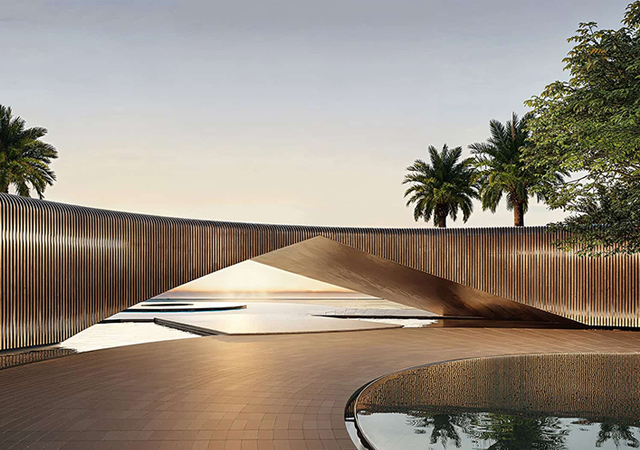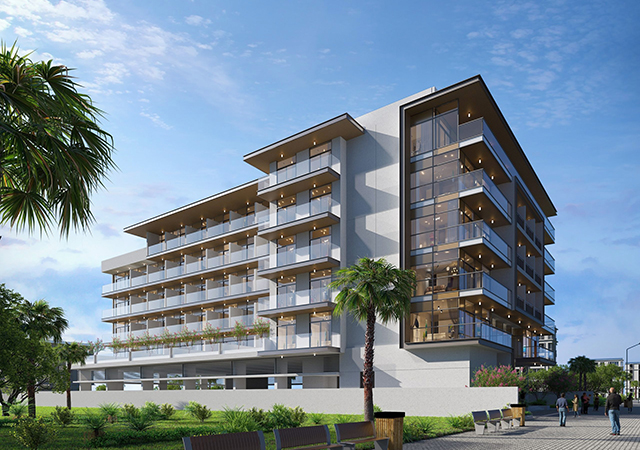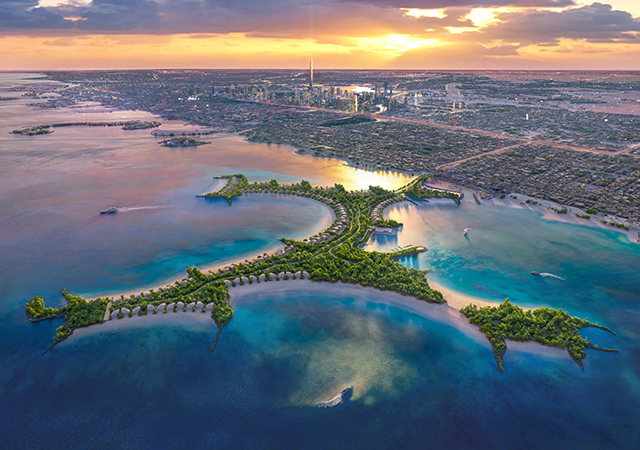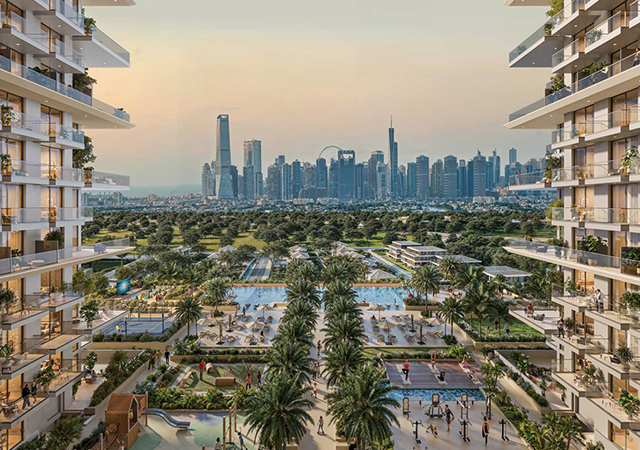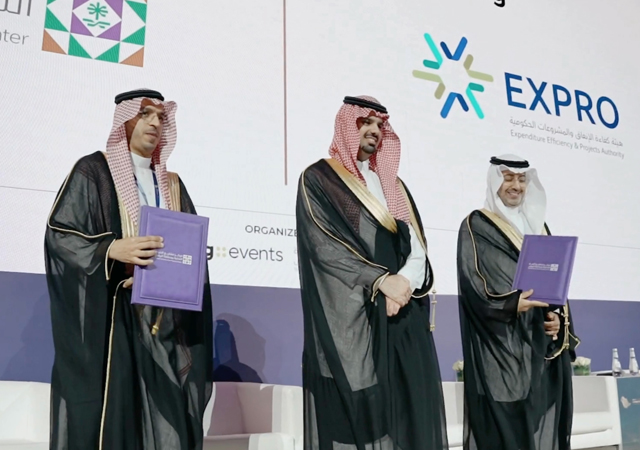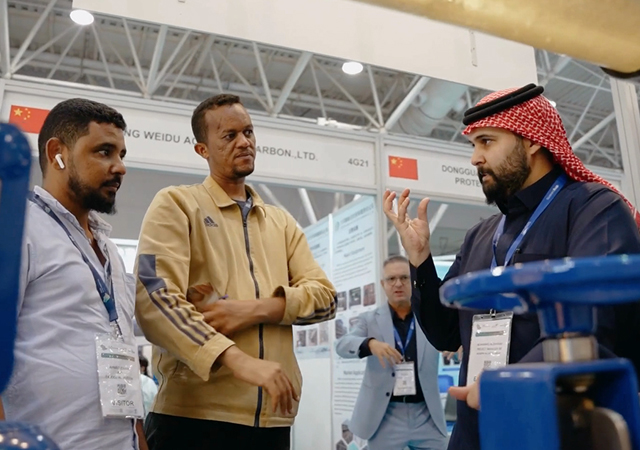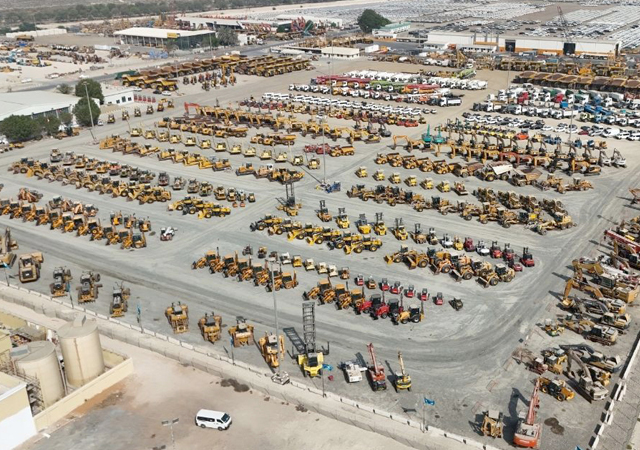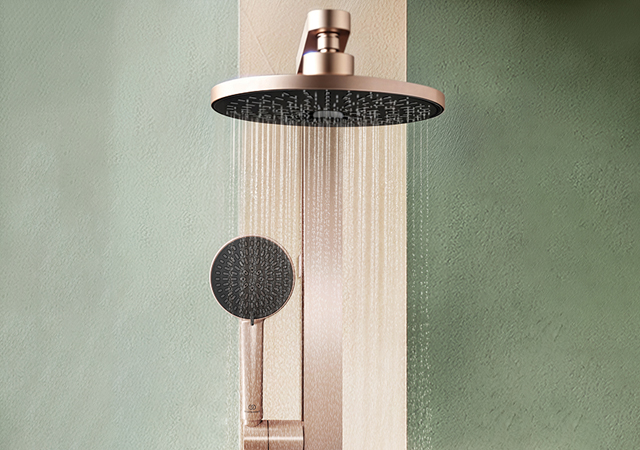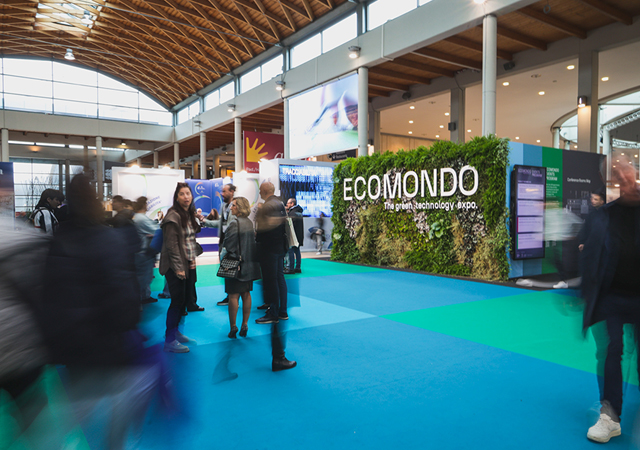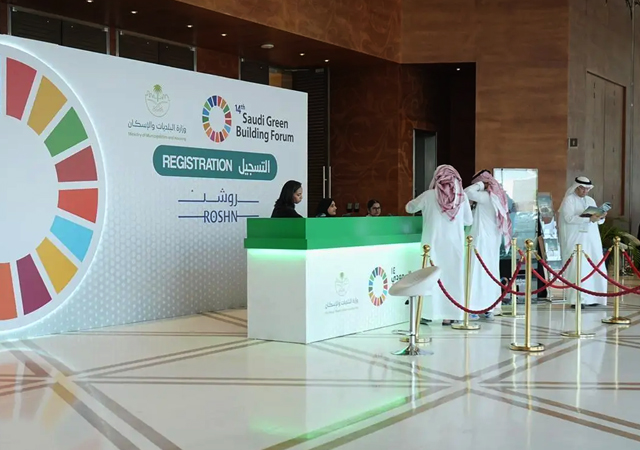
 The all-plastic facing is weather, water and temperature resistant.
The all-plastic facing is weather, water and temperature resistant.
In a bid to strengthen its market position in Oman, Meva has recently appointed Mahmoud Hassan as the company’s project engineer responsible for building projects in the Sultanate.
Hassan is part of a team of highly-qualified engineers and internationally experienced consultants providing support services and formwork expertise to any construction site ranging from high-rise building and complex civil engineering projects to small budget building schemes.
Hassan will take up key responsibilities in coordinating engineering know-how between Meva’s headquarters in Germany, its offices in Dubai and building contractors in Oman, offering support for Meva’s comprehensive range of panellised slab and wall-formwork systems table, column and circular formwork, climbing and customized formwork, support scaffolding, safety gear and formwork accessories.
Meva claims to be a pioneer in offering an entirely wood-free, all-plastic-facing alkus sheet for the building industry. Developed in close cooperation with alkus AG, a specialist in plastics technology, the system has found application in a number of building projects in the Middle East since it was launched in the global market seven years ago, including the Burj Dubai, designed to be the world’s tallest tower and Abraj Al Lulu residential twin tower project in the heart of the Bahrain’s capital city.
The all-plastic polypropylene solution, which has been patented worldwide, is a special sandwich construction based on polypropylene and aluminium reinforcement sheet.
“We are the first formwork specialist to switch completely to the alkus technology, equipping all our formwork systems worldwide with the all-plastic facing. ‘alkus inside’ is becoming the technological standard for on-site concreting the world over. In contrast, attempts to coat wood with plastic have not been able to prove their long-term stability,” says a spokesman for Meva Formworks System.
According to the spokesman, the use of composite plastic facing technology in modern formwork has an unblemished track record for a wide range of projects due to the following beneficial features:
No swelling or shrinking
Being entirely wood-free, it doesn’t swell or shrink, and is also resistant to water and chemical influences. It makes re-facing formwork unnecessary, since the facing lasts as long as the frame, says the spokesman. This is significant for most construction sites, since re-facing not only costs money, but also wastes time and disrupts the building process.
Economical
“The cost saving that is achieved by making re-facing redundant, is immense. From the time traditional plywood facing has to be replaced for the second time – which can be very soon in building conditions – the alkus all-plastic facing brings its return on investment. The Abraj Al Lulu in Bahrain and Burj Dubai are good examples of this, as re-facing at such tremendous heights would have cost millions in building delay beside being a formidable logistical challenge. The MevaDec slab formwork is performing exceptionally well after hundreds of re-uses every week and does not require re-facing,” he adds.
Tough
The spokesman continues: “Formwork needs to be tough. Thus, it was essential to prove that the alkus all-plastic facing has no disadvantages over plywood. On the contrary, it can be nailed like plywood and cut or welded according to requirement. It is faster and easier to clean. The revolutionary fact is that it can be repaired with the same plastic material. Whereas plywood can be repaired only in a very limited number of cases and the results are short-lived and is vulnerable to swelling or shrinkage, the all-plastic facing copes with repairs easily. Below the line, this means lower subsequent costs for the building site.”
Outstanding concrete finish
The interaction between the chemicals and additives in concrete, the formwork facing, time, ultraviolet rays, weather and others conditions have a considerable influence on the surface quality of the concrete. The all-plastic facing is resistant to all these interactions, thus delivering continuously high quality concrete surfaces time after time, he points out.
Welding of large-size sheets
Complex geometries of certain buildings often required a high-quality concrete finish without any joints or marks from the formwork panels. “Up to now, large-size plywood sheets had to be pre-shaped, and replaced after just one or two uses. The all-plastic alkus facing offers a true economic alternative, since it can be cut, joined by welding and pre-shaped. The advantage is that these all-plastic sheets can be reused as frequently as required without compromising concrete surface quality,” he says.
Since its foundation 35 years ago, Meva has launched numerous innovations and is now among the leading, globally operating companies in formwork technology, continuous product development and comprehensive services. The company has a wide distribution network with branch offices, subsidiaries on different continents and specialised dealers, offering contractors all over the world competent advice and back up for the planning and construction of sophisticated buildings.



